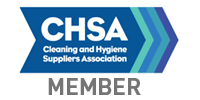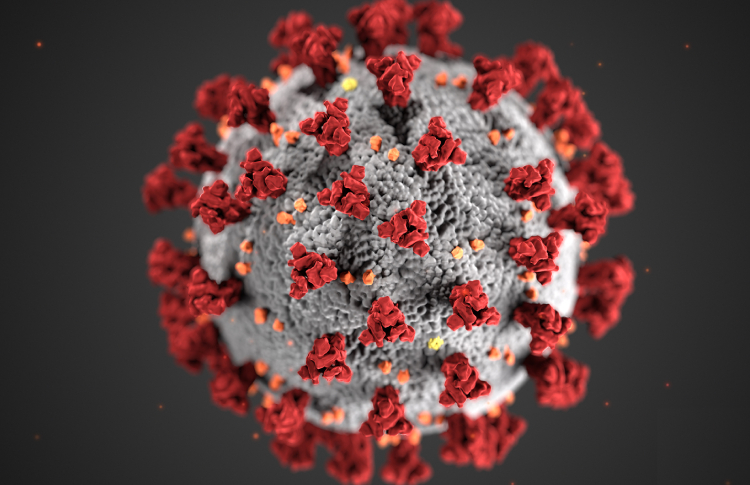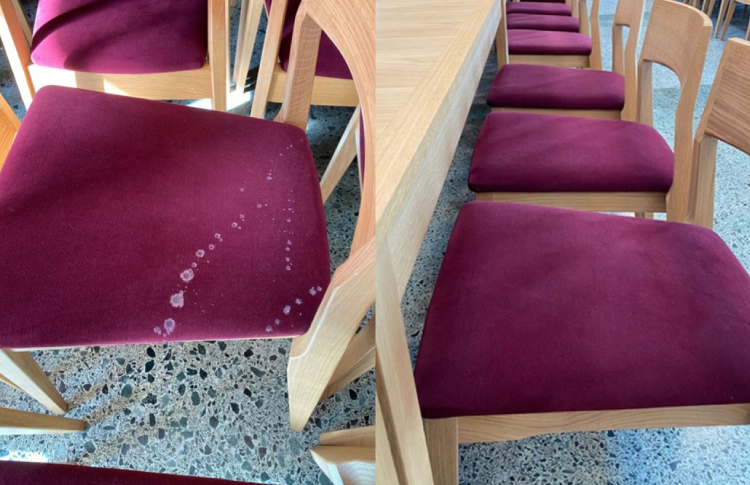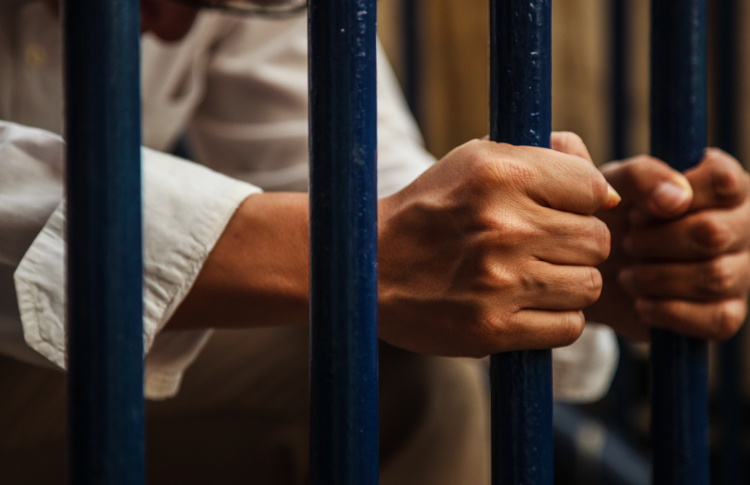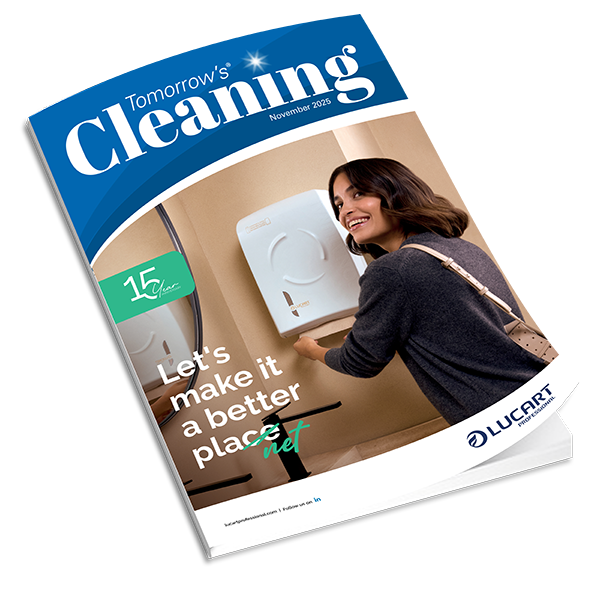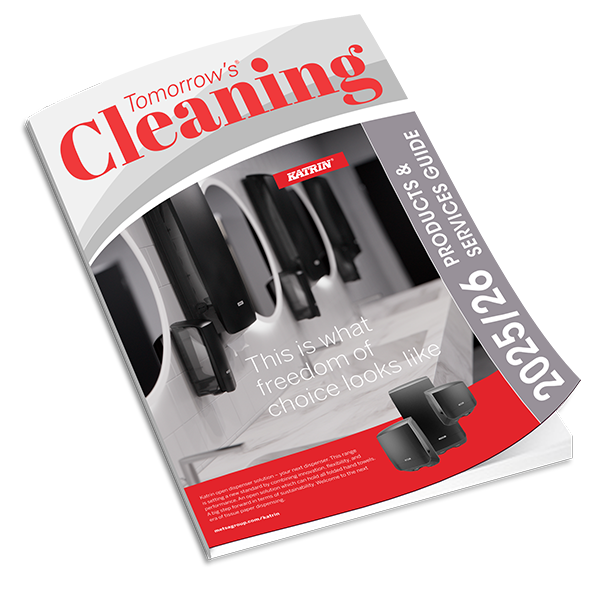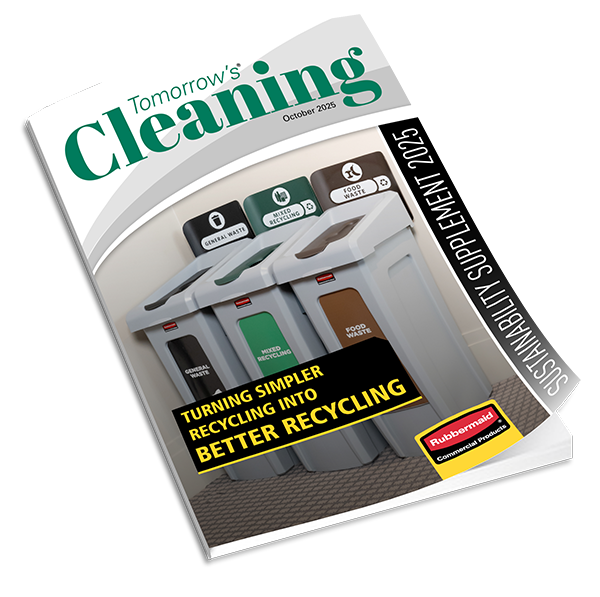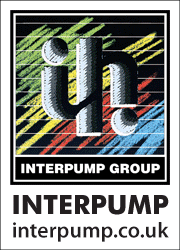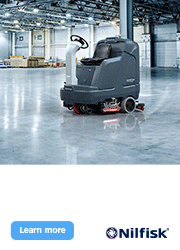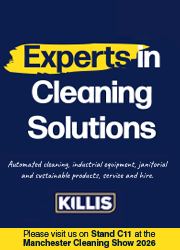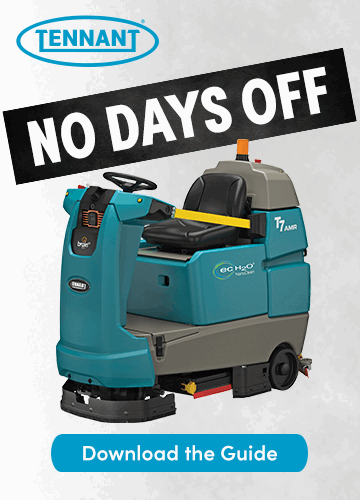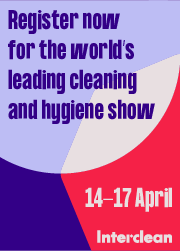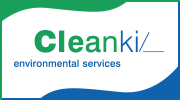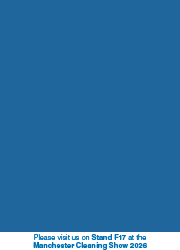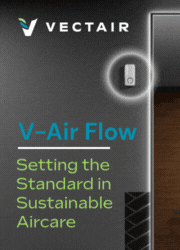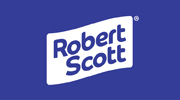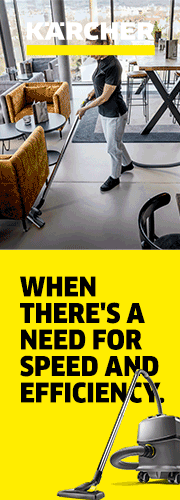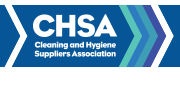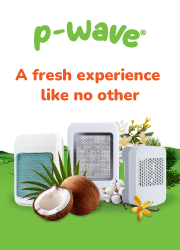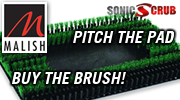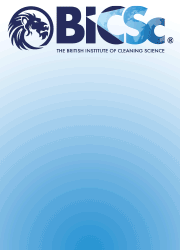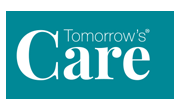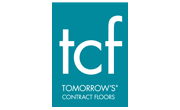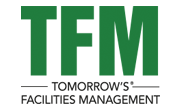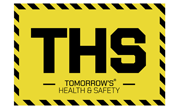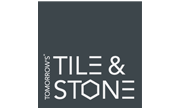The British Institute of Cleaning Science has released an update as the situation around the novel Coronavirus (COVID-19) continues to escalate.
As we all continue to face an extremely challenging time, the cleaning industry in particular must play its part in helping to reduce the risk of the virus spreading. Some of the more commonly asked questions include:
What do we need to do to deep clean?
After a confirmed outbreak, to ensure a deep clean all substrates, fixtures, fittings, furniture (including soft) and other items in the area are disinfected to protect the operative, then cleaned and finally re-disinfected.
Deep cleans involve eight elements:
• Using the correct PPE, including following correct gowning and de-robing procedures for this equipment.
• Isolation of the area to be deep cleaned.
• Disinfection with the approved/correct disinfectant, paying special attention to touchpoints and high-risk areas as indicated by your risk assessment.
• Thorough clean of the area in line with BICSc standards.
• Clinical re-disinfection of the whole area.
• Disinfection of machinery and equipment, if any are deployed.
• Correct disposal of contaminated materials and PPE.
• Shower/clean of cleaning operative(s) after completion of the task.
What can we use to kill the virus?
Whilst this will be considered to be a controversial statement, the BICSc has not seen any scientific evidence that any products have been proven to kill the current strain of COVID-19. There is a long list of products claiming to kill coronavirus but BICSc is not aware of scientific research that backs up these claims.
So, what can we do?
Use the products we would usually use for infection control. This may sound like a contradiction, however with no hard, scientific evidence and under the current circumstances, take some common sense in the approach. Public Health England’s advice is: ‘a chlorine-based disinfectant should be used, in the form of a solution at minimum strength of 1000ppm’.
What is BICSc doing to support the industry?
BICSc has, after much consideration, enhanced their SU2 Bio-Hazard Decontamination Cleaning training course. The standard version educates the candidate in the removal of substances from surfaces, which may be excessive and contain higher risks to the operative.
BICSc will now be offering the SU2 course with an enhancement that covers the Clinical Disinfection process. This will be a two-day training course taking place at the BBS Training Suite in Northampton.
For further details emailbbs@bicsbusinessservices.com, or call 01604 678 712.
If you have not had an outbreak, to reduce the risk of spreading the disease:
• Maintain BICSc cleaning standards within your organisation.
• Consider increasing the frequency of cleans, particularly of sanitary ware and heavy touchpoint areas.
• Ensure colour-coding is followed without exception.
Please continue to look to the World Health Organization and Public Health England for updates.


